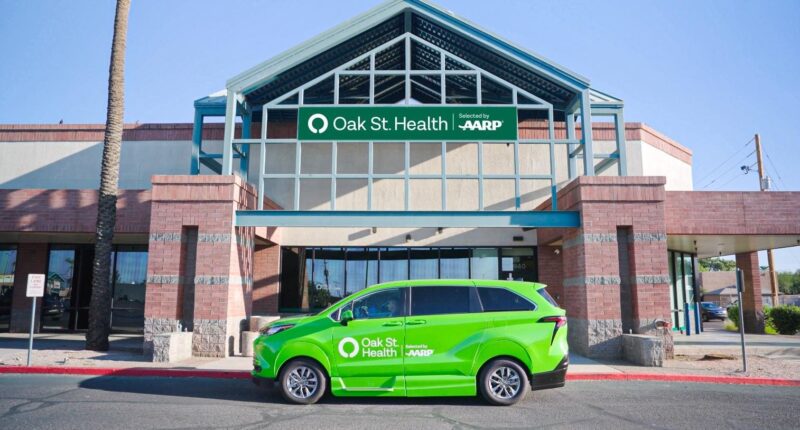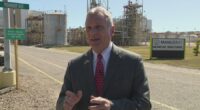Share this @internewscast.com
CVS Health has announced the closure of 16 Oak Street Health Centers, accounting for 7% of its senior-focused primary care locations nationwide.
The decision, driven by “elevated medical costs,” mirrors recent moves by Walgreens, which is withdrawing from the primary care sector, and Walmart’s closure of several in-store clinics last year.
The healthcare sector is grappling with rising medical expenses, particularly due to an increased demand for services by older adults covered by Medicare or private Medicare Advantage plans. This surge has prompted health insurers to scrutinize their spending more closely, subsequently tightening the financial terms for healthcare providers.
Dr. Sree Chaguturu, CVS Health’s Executive Vice President and President of Healthcare Delivery, highlighted a “rate trend disconnect” in the industry during an interview. He noted that this discrepancy is exerting pressure on health plans, which in turn impacts value-based care providers.
Despite these closures, CVS remains committed to Oak Street Health, a company it acquired for over $10 billion just two years ago. Oak Street’s model aims to promote healthier lifestyles among older adults, enhancing their health outcomes and patient experience while managing costs.
CVS continues to invest in Oak Street, which has seen significant growth since its acquisition, according to company executives. “Value-based care remains a crucial aspect of the U.S. healthcare system, and we consider Oak Street Health a leading model for primary care,” stated Chaguturu.
CVS continues to invest in Oak Street and it has grown substantially since the acquisition, company executives said. “Value-based care continues to be very important in healthcare in this country (and) we believe Oak Street Health is a best in class model for primary care,” Chaguturu said.
When CVS bought Oak Street two years ago, the company employed about 600 primary care providers and had 169 medical centers across 21 states. CVS management at the time said Oak Street Health “will have more than 300 centers, each of which has the potential to contribute $7 million of Oak Street Health Adjusted EBITDA at maturity” by 2026.
Under new CVS chief executive officer David Joyner, who replaced Karen Lynch last year, the company has slowed the opening of the Oak Street Health centers. Following the closures, CVS will continue to operate 230 centers across 27 states.
CVS executives say the Oak Street centers are important and the company is still investing in Oak Street health centers through the strategy is more about “growth in existing centers” rather than opening new ones, Chaguturu said. “We are investing in Oak Street . . and investing in technology.”








